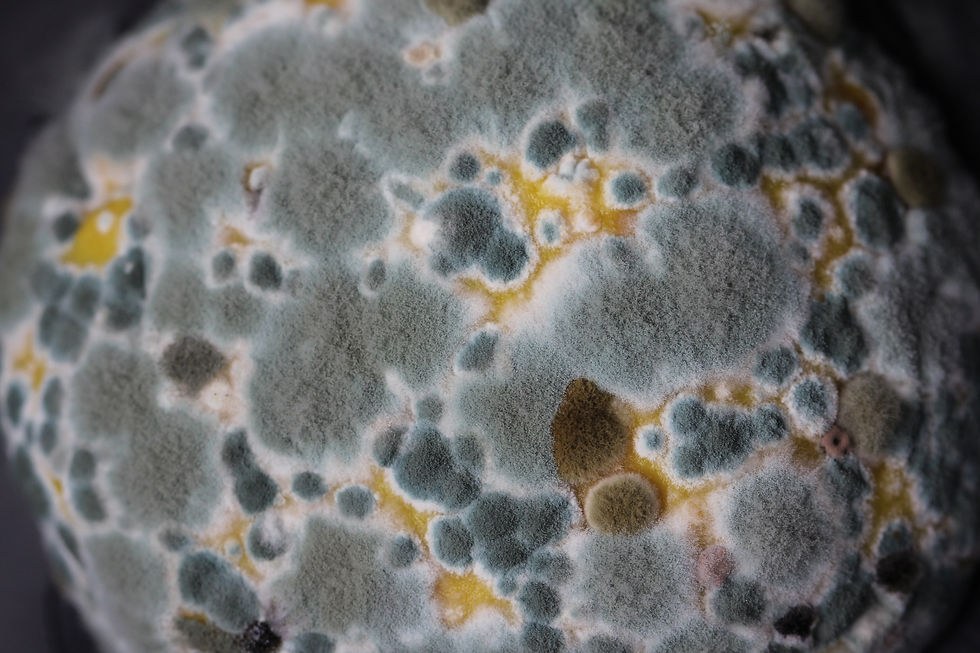The Importance of Washing Pet Bowls: Why? What? How?
- Leaf Animals
- Aug 8, 2023
- 3 min read
Our animals are not just pets; they're beloved members of our family. As responsible animal guardians, it's our duty to provide them with the love, care, and attention that they deserve. One often overlooked aspect of animal care is the cleanliness of their food and water bowls. In this blog, we'll explore the reasons why washing their bowls is crucial for their well-being, what risks may arise if we neglect this practice, and the proper way to clean these essential items.
Why is Washing Pet Bowls Important?

Health and Hygiene: Just like with our own dishes, keeping our animals’ bowls clean is vital for their health and hygiene. Bacteria, mold, and other pathogens can accumulate in dirty bowls, potentially leading to health issues.
Prevent Contamination: Dogs and cats, have a habit of exploring the world with their noses and mouths. If their bowls are not regularly cleaned, there's a higher risk of cross-contamination, where pathogens from the bowl transfer to their food and water, making them susceptible to infections.
Avoid Skin and Allergy Problems: Dirty bowls can become a breeding ground for pests like bacteria and mites, which can cause skin irritations and allergies in pets. Regular cleaning helps to eliminate these pests and ensures a comfortable environment for our beloved companions.
Less Sick Days: By regularly washing your animals’ bowls, you are decreasing their exposure to bacteria and parasites, therefore lessening their sick days and vet visits.
What Should You Be Concerned About?
Bacterial Growth: Food remnants left in the bowls can attract bacteria, such as Salmonella, E. coli, and campylobacter which can lead to severe gastrointestinal problems when ingested by our animals.

Mold Formation: Stagnant water in unwashed bowls can promote the growth of mold, which is harmful to both animals and humans if inhaled.
Parasites: Fleas, ticks, and other parasites may thrive in dirty pet bowls, potentially transmitting diseases to your pets.
Blue-Green Algae: When the water has turned blue or green, it means it’s full of cyanobacteria, which produce toxins that are harmful for our animals and ourselves.

Biofilm: A layer of stickiness rich in bacteria found on surfaces like your animal’s water bowl that can affect their immune system.
Symptoms of toxicity and/or infection:
Fever
Weakness
Blood in urine
Vomiting
Loss of appetite
Drooling
Breathing difficulties
Organ failure
How to Properly Wash Pet Bowls:
Frequency: Wash your pet's food and water bowls every other day if not every day. Do not use plastic bowls.
Handwashing: When hand-washing them, do your animals’ bowls at the end and use a different sponge. Make the water as hot as you can handle and rinse them well.

Sanitising: Periodically sanitise the bowls with a mixture of vinegar and water or use a pet-safe disinfectant to eliminate any remaining germs or bacteria.
Replace when necessary: Over time, pet bowls can develop scratches and crevices that harbor bacteria even after cleaning. Replace them as needed to maintain your pet's health.
Hydration: Encourage your pet to drink plenty of water throughout the day. By encouraging hydration, you reduce the chance of stagnant water becoming a breeding ground for harmful pathogens.
Bonus Tips:
Your animals must always have fresh water, so having two or more bowls will help you keep water for your animals while you wash the other bowls.
Have separate utensils for your animals’ food, spoons, knives, forks, etc.
Always wash your hands after handling their food, bowls, or after playing with them. Some healthy animals are carriers of certain bacteria, which is excreted when they go potty.
You can buy pottery, ceramic and stainless steel bowls from our partners Get Petstuff, Amin Pet Shop, Pets Corner Eg.
Caring for our animals goes beyond providing love and affection. Ensuring their food and water bowls are consistently clean is crucial for their overall health and well-being as well. By making a habit of washing their bowls daily and following proper cleaning practices, we can protect our beloved companions from potential health risks and create a safe, comfortable environment for them to thrive in. Remember, a clean bowl not only means a happy animal, but also a happy you!

Commentaires